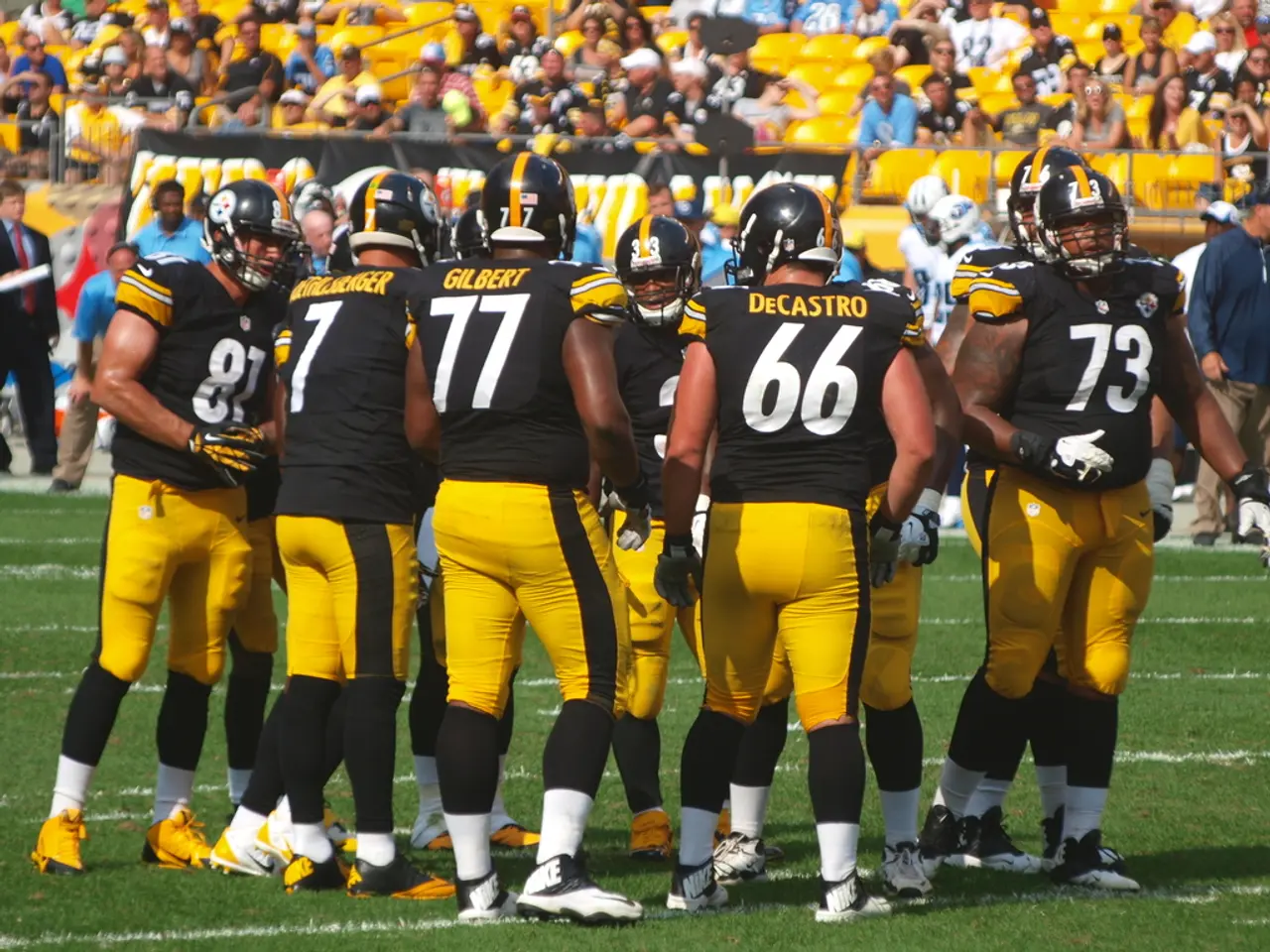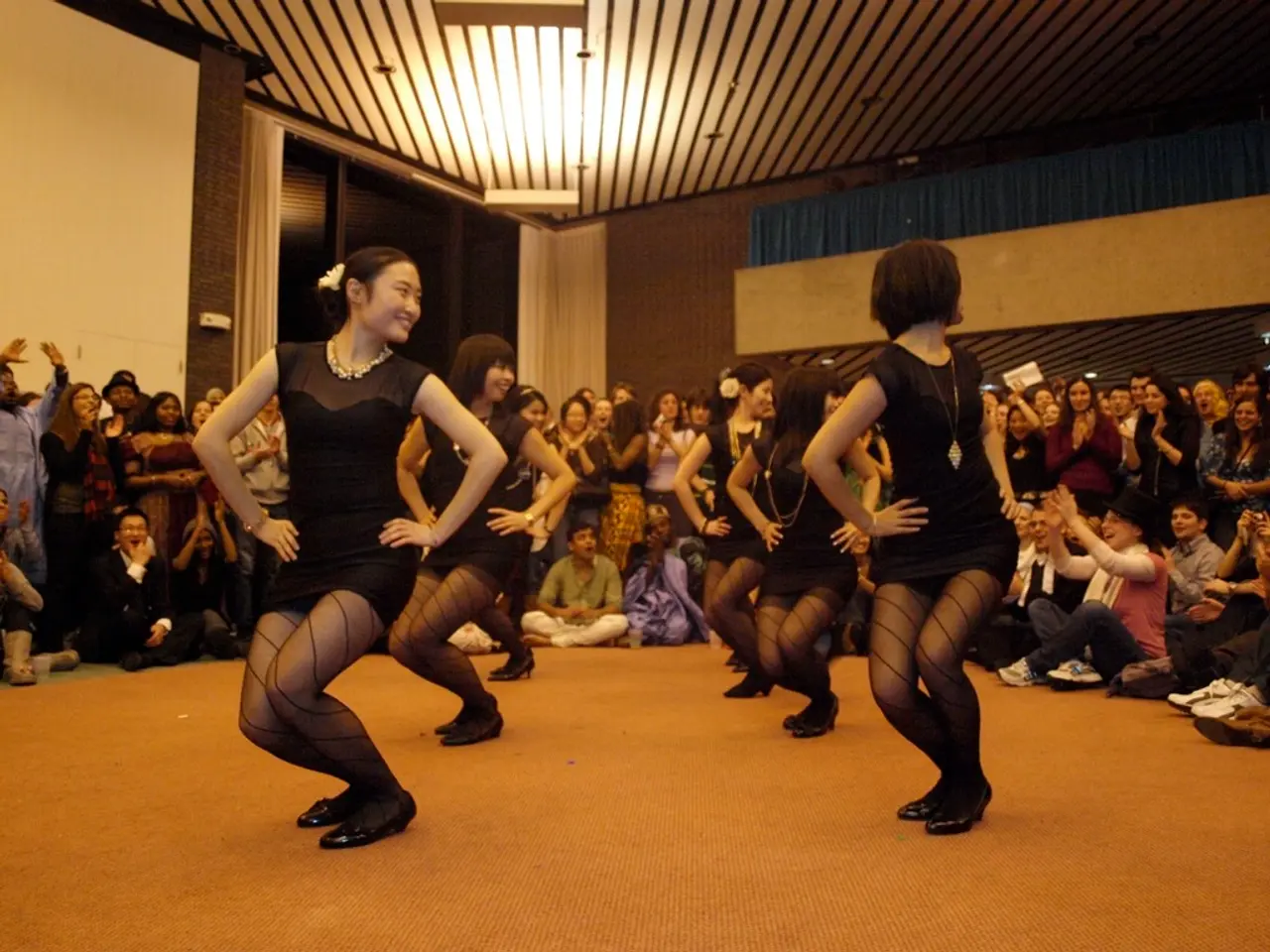Potential Verdict of Transgender Athletes in Sports Case by Roberts and Gorsuch at Supreme Court
In a landmark decision, the Supreme Court of the United States is set to hear arguments on transgender sports bans later this year or in early 2026. The cases, which challenge laws in West Virginia and Idaho, present questions of discrimination based on transgender status that will be hard to avoid.
The Supreme Court's decision could put focus on Justices John Roberts and Neil Gorsuch, given their past rulings and statements.
Chief Justice John Roberts, known for his conservative stance, has generally emphasised the importance of state laws and precedent. In United States v. Skrmetti, he noted that the ruling was not based on ideological opposition to transgender rights, suggesting a focus on legal technicalities. Given this, Roberts might lean towards supporting state laws that restrict transgender participation in sports, although he might also consider the nuances of equal protection and the context of the case.
Justice Neil Gorsuch, who wrote the majority opinion in Bostock v. Clayton County, expanded Title VII protections to include sexual orientation and gender identity. This suggests he may be more open to considering discrimination based on gender identity. Despite his conservative background, Gorsuch's decision in Bostock indicates he might view gender identity discrimination similarly to sex discrimination, potentially leading him to support arguments against transgender sports bans if they are framed as sex discrimination.
Justice Amy Coney Barrett has been cautious in her early rulings, often focusing on the legal and constitutional framework. Her questioning style during oral arguments in Skrmetti hinted at concerns about parental rights rather than directly addressing transgender rights. Barrett's position might be more aligned with conservative views, potentially supporting state laws restricting transgender participation if framed as matters of state authority or parental rights.
Justice Brett Kavanaugh, who has generally aligned with conservative positions on the Court, favoured the state's arguments during Skrmetti, indicating a potential skepticism towards claims of gender identity discrimination. Given his conservative stance, Kavanaugh might support state laws restricting transgender athletes' participation, viewing these laws as within the realm of state authority rather than as violations of the equal protection clause.
It is important to note that predicting the exact positions of Supreme Court justices can be challenging, as justices can surprise with their decisions based on the specifics of each case and their evolving legal philosophies.
The court has never extended its reasoning in Bostock v. Clayton County beyond the workplace. The high court's decision in these sports cases could set a significant precedent for transgender rights in the United States.
In Idaho, Republican Gov. Brad Little signed the state's sports ban in 2020, and Lindsay Hecox, a college student, sued days later, alleging the law violated the 14th Amendment's equal protection clause. The San Francisco-based 9th US Circuit Court of Appeals affirmed a federal district court's decision to block the law's enforcement against Hecox. Idaho appealed to the Supreme Court in July.
In West Virginia, a sixth-grader named Becky Pepper-Jackson sued, alleging that the ban on transgender women and girls participating in public school sports teams violated federal law and the Constitution. The Richmond-based 4th US Circuit Court of Appeals ruled that West Virginia's ban violated Pepper-Jackson's rights under Title IX and revived her constitutional challenge of the law.
Lawyers for the transgender athletes described the laws as discriminatory and harmful. State officials in West Virginia and Idaho praised the court's decision to take up the cases.
During oral arguments over Tennessee's law, Justice Brett Kavanaugh questioned the potential implications of the case for women's and girls' sports, specifically basketball, swimming, volleyball, track, and other sports. Justice Amy Coney Barrett, along with Justice Clarence Thomas, raised concerns about the implications of transgender status in areas such as access to restrooms and eligibility for sports teams.
The Supreme Court is expected to hand down a decision by the end of June. The outcome of these cases could have far-reaching implications for transgender rights in the United States.
The Supreme Court's decision on transgender sports bans could impact Justice Neil Gorsuch's stance, given his past expansion of Title VII protections for sexual orientation and gender identity in sports-related matters.
Justice Brett Kavanaugh's questioning during oral arguments might suggest support for state laws restricting transgender athletes' participation, particularly in light of his concerns about implications for women's sports.






